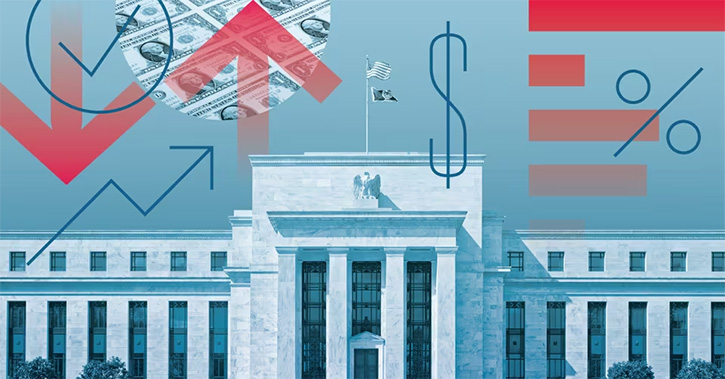Christian Charest: For Morningstar I'm Christian Charest. We're talking today with Steve Wendel he's the head of behavioural science research here at Morningstar.
Steve, thank you very much for being with us today.
Steve Wendel: Thanks for having me.
Charest: Steve just took part in a panel discussion as part of Morningstar's Executive Forum series on the topic of behavioural economics. And one of the topics that came up was the notion of the so-called behavioural gap, which is the idea that the returns that are posted by various investments don't usually match those that investors actually get, usually not in the investors favour. Now Steve what are some of the causes of that behavioural gap.
Wendel: Sure. It's a very serious concern for investors and just to quantify it, we are talking about 100 to 150 basis points per year that are lost because of this gap. The gap is primarily caused by investors attempting to time the market, either through chasing after a fad or looking at what might be hot or by trying to time the market as, when it goes down, to just sit it out for a while, and then come back when it's okay. And it is in particular about downward volatility. Leaving the market when it's temporarily down -- that is the most destructive part. That’s what really drives the behaviour gap.
Charest: Morningstar has done lots of research on that topic. What can investors do to counter this effect?
Wendel: Sure. Thankfully there is quite a lot that investors can do. And we think of it as first and foremost these biases are about how we are wired. These challenges that give rise to the behaviour gap. And so as much as possible how do we remove our own emotions, our own reactions from the process. In particular, how do we automate our contributions and how do we set ourselves a set of rules that we follow for the investing process. Now, I am a valuation-driven investor, I have a set of rules that say this is when I buy, this is when I sell, and that’s the best way. So, it's not always an intuitive choice -- feels like this one is a good choice – no! You actually write down your rules, you can see them and you stick with those.
Charest: And there is a lot of performance-chasing that goes on as well on the part of investors?
Wendel: Exactly, exactly. So really to help avoid performance chasing, to help avoid this problem, we really look to prepare ourselves for the moment of weakness, get ready for that temptation. Because we know it will always happen, it's how we're wired. Now some of the ways that you can prepare yourself for that really involve writing out your rules, of course, which is always a good strategy, but also writing out your values in particular -- why do you invest? What do you believe in? What drives it? Is it your family? Is it your responsibilities to the society, et cetera? Write that out and then sign it. And then, when the moment of temptation comes -- well I have this strategy, I want to stick with that, but there is this great thing I want to go for right now. Go back and look at those values and ask yourself, have the fundamental values investing changed? What drove your investment plan in the first place? That’s a great technique to use to keep yourself on track.
Charest: And there is an important role that advisors can play in helping investors do that as well.
Wendel: Yes, there are many ways that an advisor can help. So, an advisor can help educate the investor with knowledge about the behavioural sciences, about these biases we face. There is a good research that shows that those interventions do help. There is helping the investor walk through and really draw out those values, and there is also setting up, for example, mandatory cooldown periods, where the advisor will absolutely make a trade that deviates from the plan, but perhaps only after three days, to give the individual, to give the investor more time to sit back and reflect upon that choice. Now the goal overall here is to create a structural change, to make it easier to follow the right path, rather than fundamentally to change… okay I am suddenly going to become a better investor. Because this just how we are wired.
Charest: Interesting perspective on this. Steve, thank you very much for talking with us today.
Wendel: Of course, happy to be here.
Charest: From Morningstar I'm Christian Charest. Thank you for watching.




















